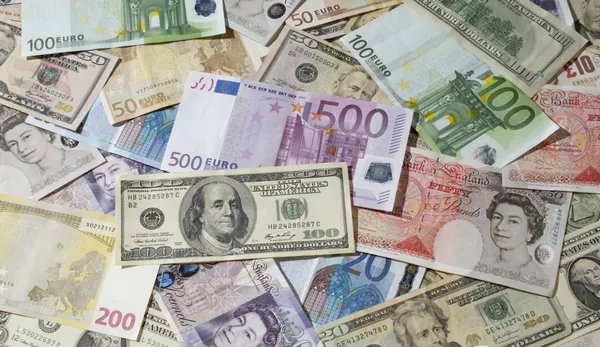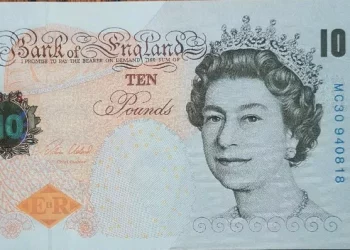The EUR/GBP pair has edged lower after two days of gains, trading around 0.8430 during the early European session on Friday. However, this decline may be limited as an unexpected increase in Eurozone inflation has strengthened expectations that the European Central Bank (ECB) will adopt a cautious stance on rate cuts, avoiding significant reductions.
The preliminary Eurozone Harmonized Index of Consumer Prices rose to 2.0% year-over-year in October, up from 1.7% in September and exceeding forecasts of 1.9%. The core inflation rate remained steady at 2.7% year-over-year. This uptick in inflation is underpinned by stronger-than-expected economic growth, with the Eurozone economy expanding by 0.4% quarter-on-quarter in Q3—double the growth rate observed in Q2 and surpassing predictions of 0.2%.
The ECB has emphasized that inflationary pressures persist, largely driven by wage growth. In its recent meeting in October, the central bank reiterated its commitment to a “data-dependent and meeting-by-meeting” approach for future policy decisions.
Meanwhile, the Pound Sterling (GBP) has weakened following the UK Labour government’s first budget, which announced £40 billion in tax increases aimed at addressing public finance shortfalls and enhancing public services, as reported by CNBC.
In light of these developments, the UK’s Office for Business Responsibility (OBR) has revised its 2024 inflation forecast upward to 2.5%, up from the previous estimate of 2.2% made in March. This adjustment has led traders to anticipate fewer interest rate cuts by the Bank of England (BoE), further impacting the GBP’s performance.
Related Topics:



























